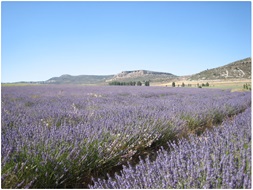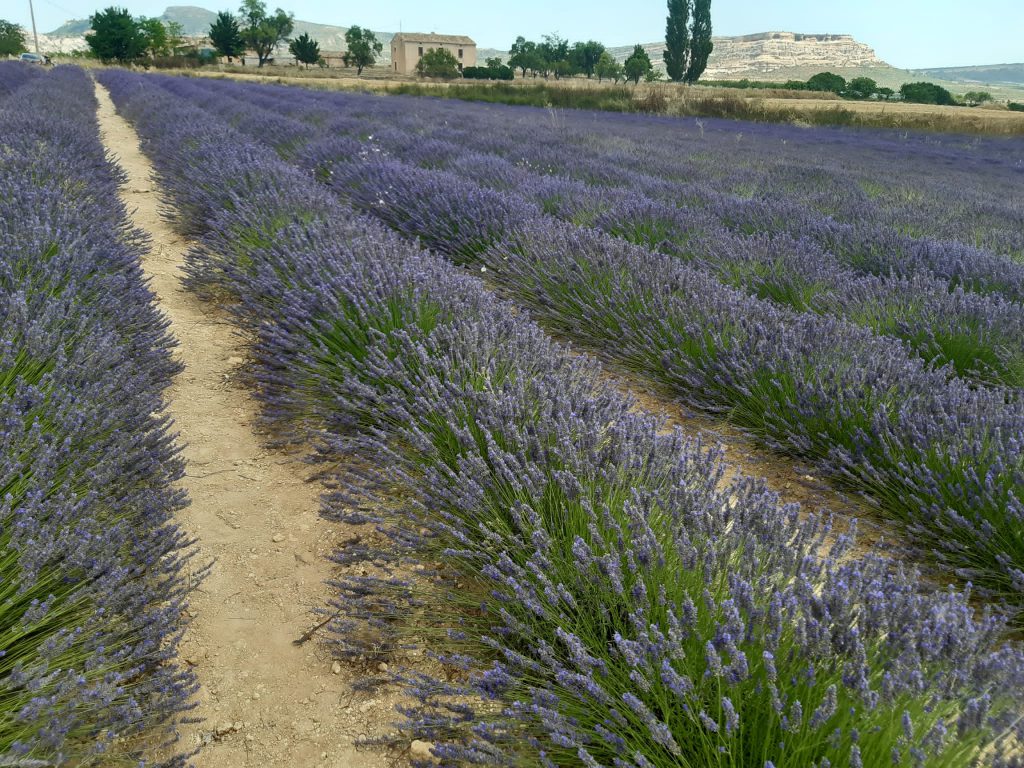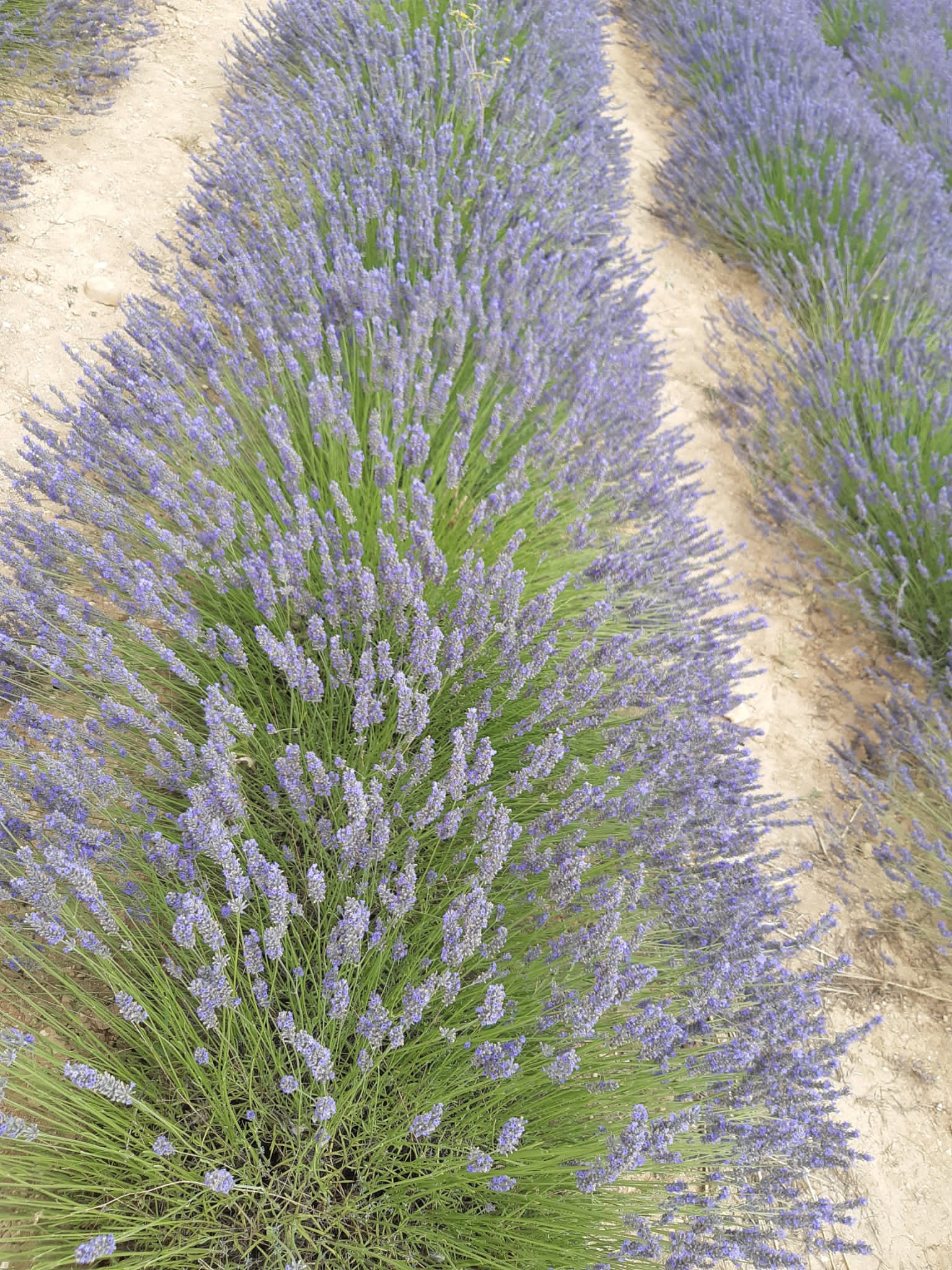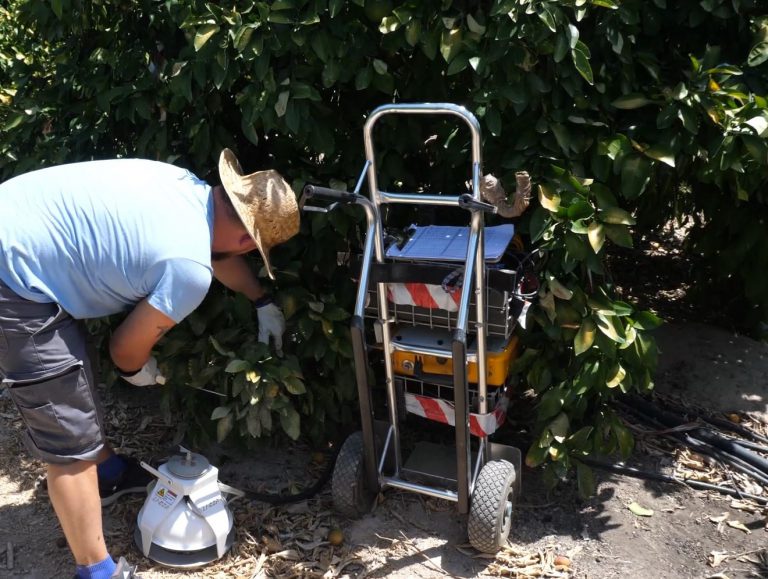IMIDA’s study is a major innovation in the regional agri-food field, diversifying, revaluing and increasing the use of these crops
Selected seeds of winter savory and lavender are an important source of health-promoting omega-3 fatty acids. Likewise, the seeds of rosemary and Spanish sage are postulated as an important source of Omega-6 fatty acids.
These are the results of the study carried out by the team of Cultivos de Secano para el Desarrollo Rural del Instituto Murciano de Investigación y Desarrollo Agrario y Alimentario, IMIDA, member of AgritechMurcia.

The study on the yield and composition of the oils extracted from the seeds of aromatic plants traditionally cultivated in the Region of Murcia, which may represent a great innovation in the regional agro-food field, by diversifying, revaluing and increasing the use of these crops, which have a wide potential to be introduced in human food as functional ingredients.
The results show that savory, lavender and lavender seeds have higher production yields than those obtained from chia seeds or coriander seed oil, whose marketing as food ingredients was approved by the European Food Safety Agency (EFSA) in 2009 and 2013 respectively.

This discovery implies the opening of a new field of research in the world of aromatic-medicinal plants, whose cultivation area exceeds 2,000 hectares in the Region of Murcia, and also represents a potential source of production of seeds rich in these essential polyunsaturated fatty acids.
This study, financed by the National Institute for Agricultural and Food Research and Technology (INIA), forms part of the project entitled “Cultivation and clonal selection of elite plants of sage, rosemary, marjoram and lavender for innovative application in the field of health and human nutrition”.








